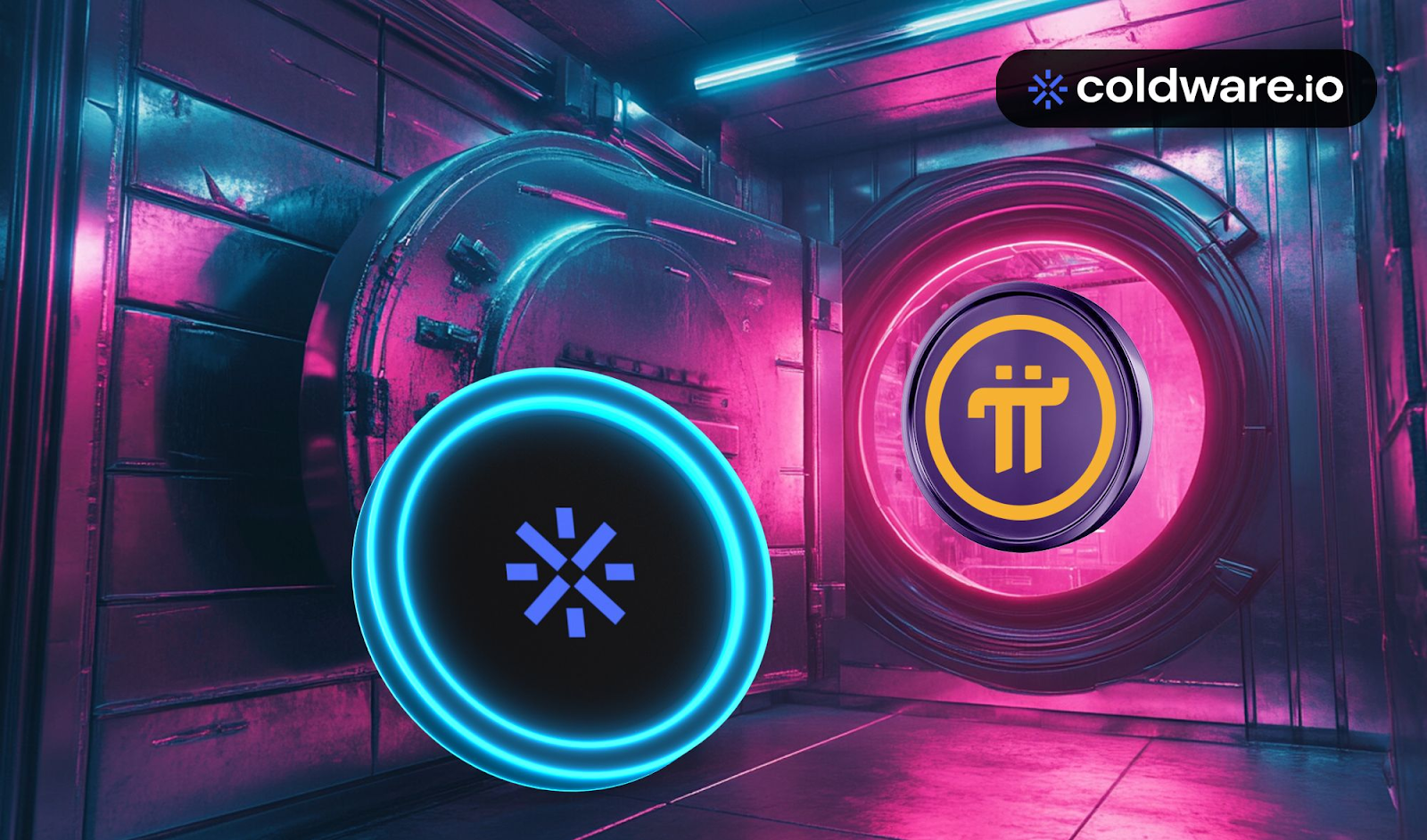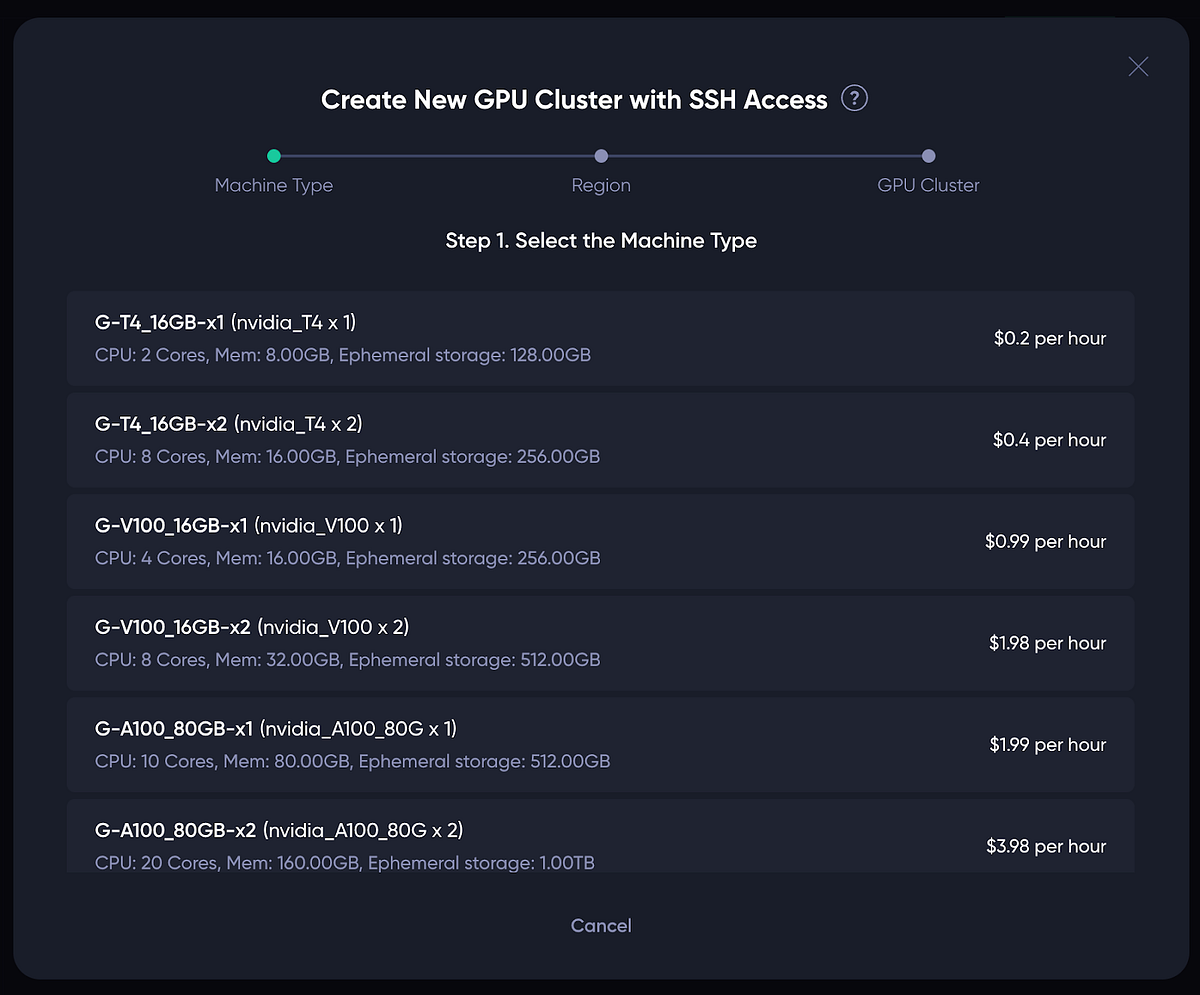Srcful and Arkreen Collaborate to Monetize Solar Energy Data on Blockchain

Srcful, built on the Solana blockchain, and Arkreen, operating on an EVM-compatible chain, are at the forefront of decentralized physical infrastructure networks (DePIN) focused on energy. Their recent integration of APIs allows for real-time solar power generation data to be accessed from connected solar devices. This collaboration signifies a major leap in both the renewable energy and blockchain sectors, facilitating the on-chain monetization of solar energy data. By leveraging this partnership, solar equipment linked to Srcful can now utilize the Arkreen Network to issue tokenized Renewable Energy Certificates (RECs) on-chain, transforming solar power generation data into valuable on-chain assets.
The partnership also opens up new avenues for miners on the Srcful platform, who can now earn mining rewards across both ecosystems. This dual engagement not only enhances the financial incentives for participants but also fosters a deeper involvement in the decentralized energy ecosystem. By allowing users to earn rewards from both Srcful and Arkreen, the collaboration aims to stimulate growth and engagement, creating a more vibrant community around decentralized energy solutions.
Together, Srcful and Arkreen are dedicated to developing the distributed energy network of the future. Their focus on demand-side applications that convert energy data into environmental asset RECs aligns with the broader objectives of sustainable energy monetization. Furthermore, Srcful’s strategic partnerships, including one with Helium, are designed to leverage Helium’s extensive network of IoT miners, driving further growth. This collaboration marks a significant evolution in the energy data landscape, paving the way for decentralized energy networks to integrate with blockchain technology and enhance the financial viability of sustainable energy initiatives.
Related News





